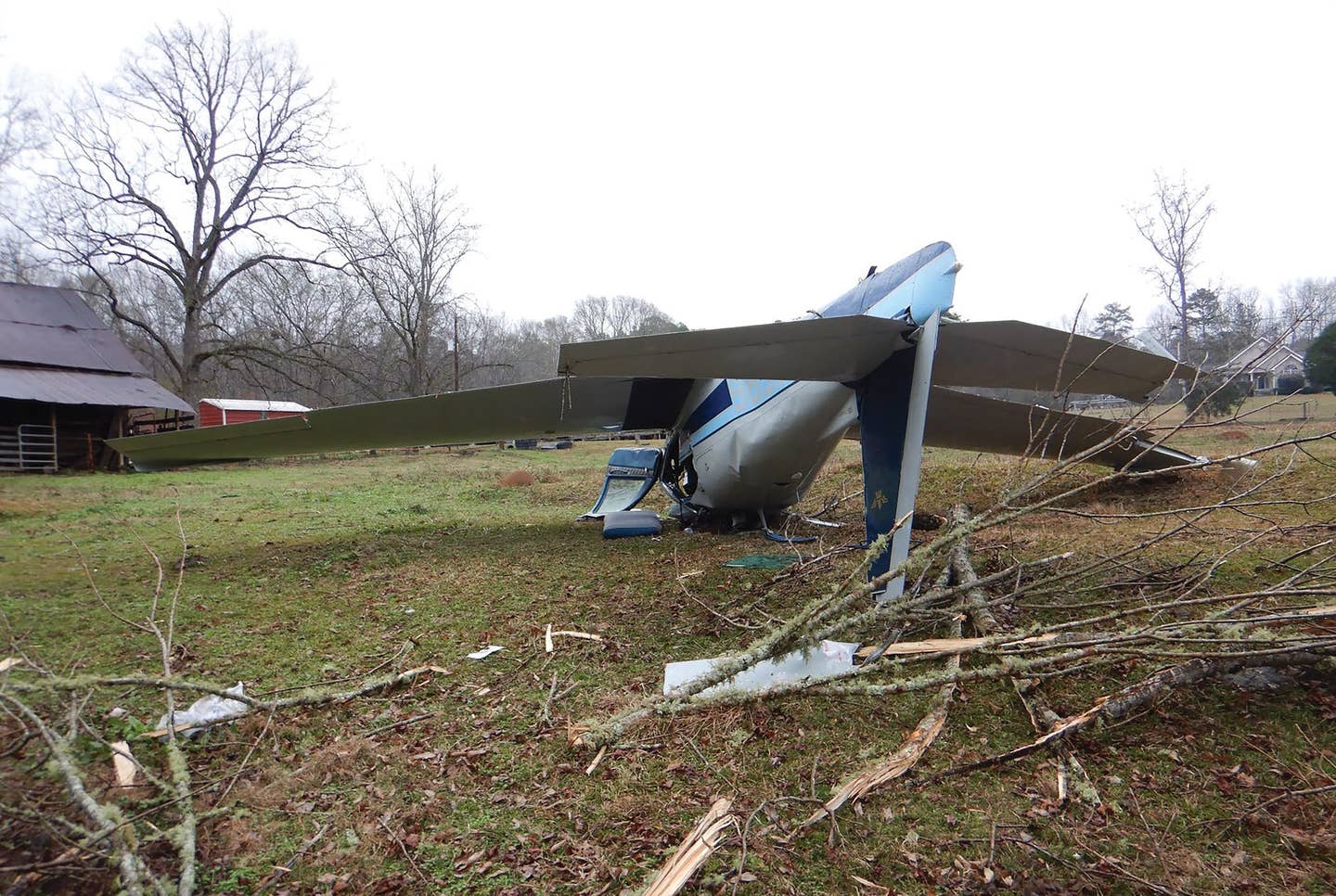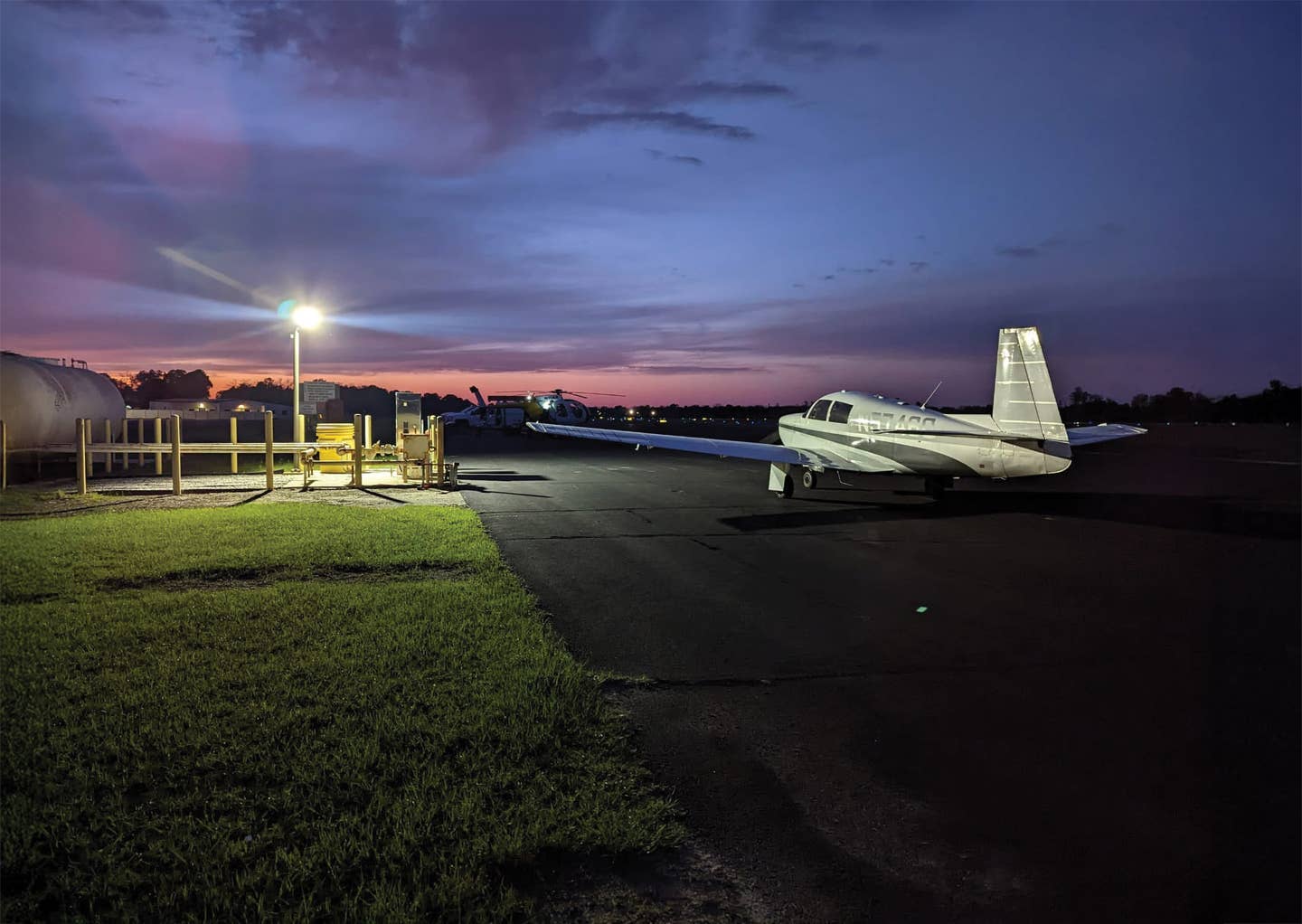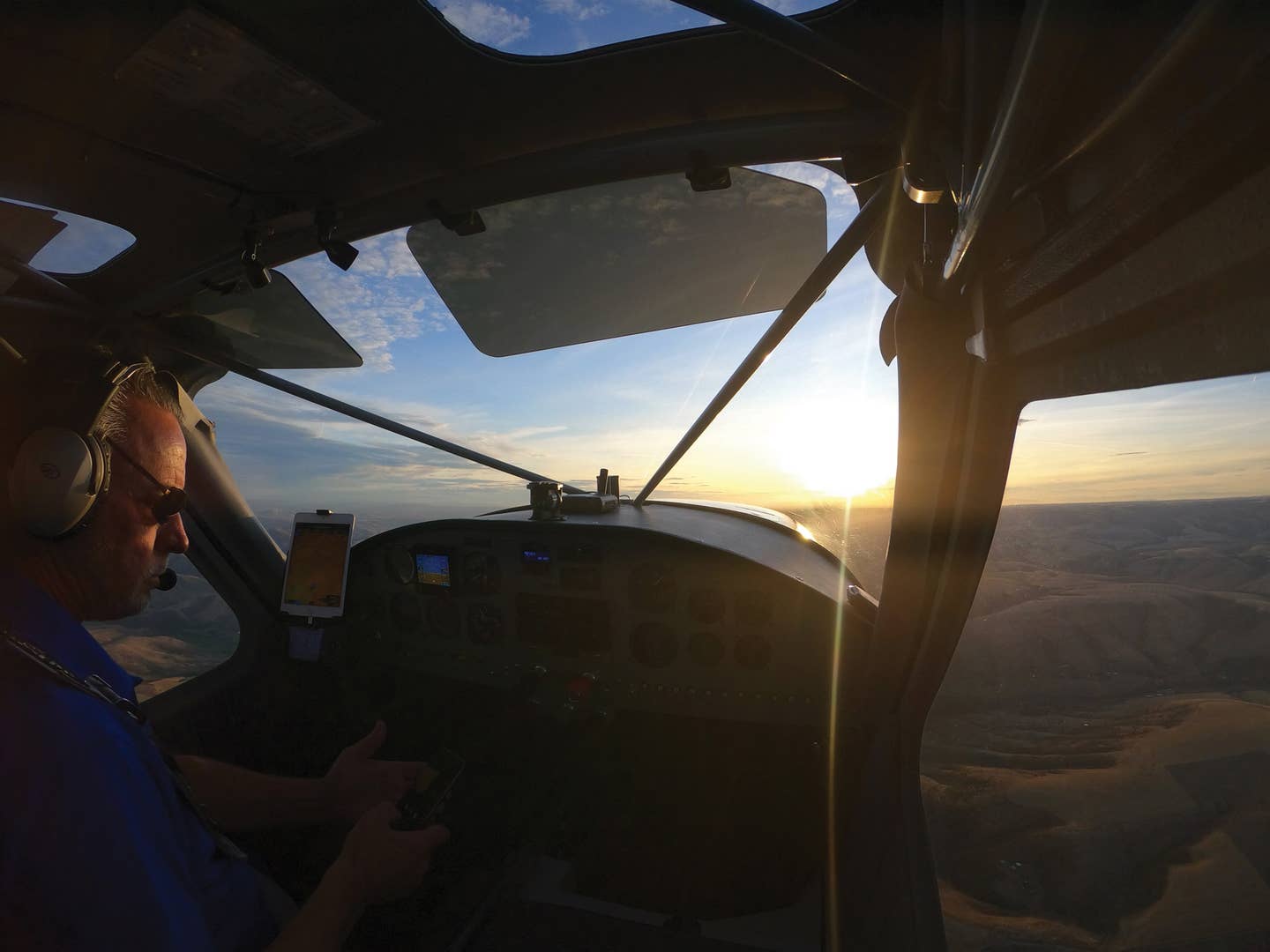Fear & Preparedness
Being concerned is only logical, but we can’t let that rule our lives
 OVERCOMING FEAR. If you're prepared, you can safely follow your passion, such as aerobatics. |
As he sat in my office and we prepared to leave for the airport after three hours of ground school, he hesitated for a moment, locked eyes with me and said, "Look, I have to tell you something." He was a little choked up. "Two years ago, I had an engine failure, and my son and I came close to getting killed. I broke my back, and in all honesty, it's a struggle to fly my airplane. I'm out here to see if I can overcome my fears."
I instantly felt the responsibility that had been thrust upon me. Here was a man in love with aviating, but a cloak of darkness had fallen over that passion, and he was hoping I could bring back the light. This wasn't something to be taken lightly by either of us, and I had my work cut out for me. The good news was that conquering such fears wasn't totally alien to me; I've experienced the same apprehensions at various times in the past.
At times, I question the logic of willingly going aloft in a machine that's practically designed to fail. I don't trust machinery and every fiber of my being says, "This isn't a very smart thing to do." But I do it anyway and compensate by preparing for all the awful things that could happen: If it quits here, where am I going to put it? Where is the reported traffic I can't find, and how can I avoid it? Is that hawk going to move right or left, and what am I going to do if it hits me? I always expect the worst, and I plan accordingly. I train my students to think the same way: defensively.
Does this diminish my passion for what I do? Not for a nanosecond. To some degree, I feel the way pioneers in the 1850s must have felt when moving through territory where the snakes, natives, cougars, spiders and even weather seemed to be conspiring to take their lives---or at least make them very uncomfortable. I'm always on my guard. But none of this takes away from the wonderment of beautiful vistas and new experiences. It's just a way of thinking: being prepared to handle whatever fate and nature throw at me. But how do I build that kind of understanding in someone who has been traumatized and rightfully carries some fear from the experience?
I couldn't address the fear directly. I couldn't pat him on the head and say, "Now, now, don't worry. I'll protect you from the bogeyman." What I could do was expose him to the challenges my airplane presents, and by building his skills to meet and beat those challenges, enable his confidence to increase in a natural way. I've seen this confidence-building process play itself out hundreds of times, and I was certain it would do the trick.
This is the main reason I keep coming back to flight instruction: I love watching students who are outwardly fearful (read that as "terrified" in some individuals) and totally behind the airplane at hour one progress to hour eight where they not only can fly the airplane, but are in total control of themselves. This is what being an educator is all about, and it's one of the beauties of learning to fly: You climb into an airplane as a ground-bound human who's familiar with the world as a two-dimensional entity. Then, through a magical process, over the next eight or 10 hours, a completely new dimension is added to your life, and you become a different person. The students I greet at my door for the first time are definitely not the same students I shake hands with as they leave a week or so later.
The subtle fear, born of common sense, that many of us carry aloft isn't something to be embarrassed by: Instead, it's something to be confronted and controlled. And my post-accident student did that very well. At the end of the week, he truly was enjoying himself, which definitely couldn't be said at the beginning of the week. He had learned how to handle the airplane, and he had learned how to handle his fears and put them in a place where they were keeping him aware, but not detracting from his enjoyment of flight. He was whole once again. Considering the foregoing, is there any question as to why I like to instruct?

Subscribe to Our Newsletter
Get the latest Plane & Pilot Magazine stories delivered directly to your inbox






